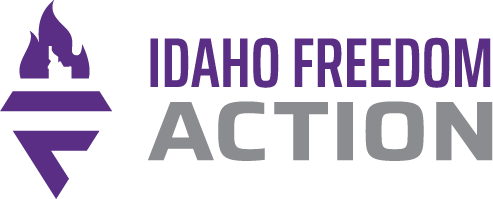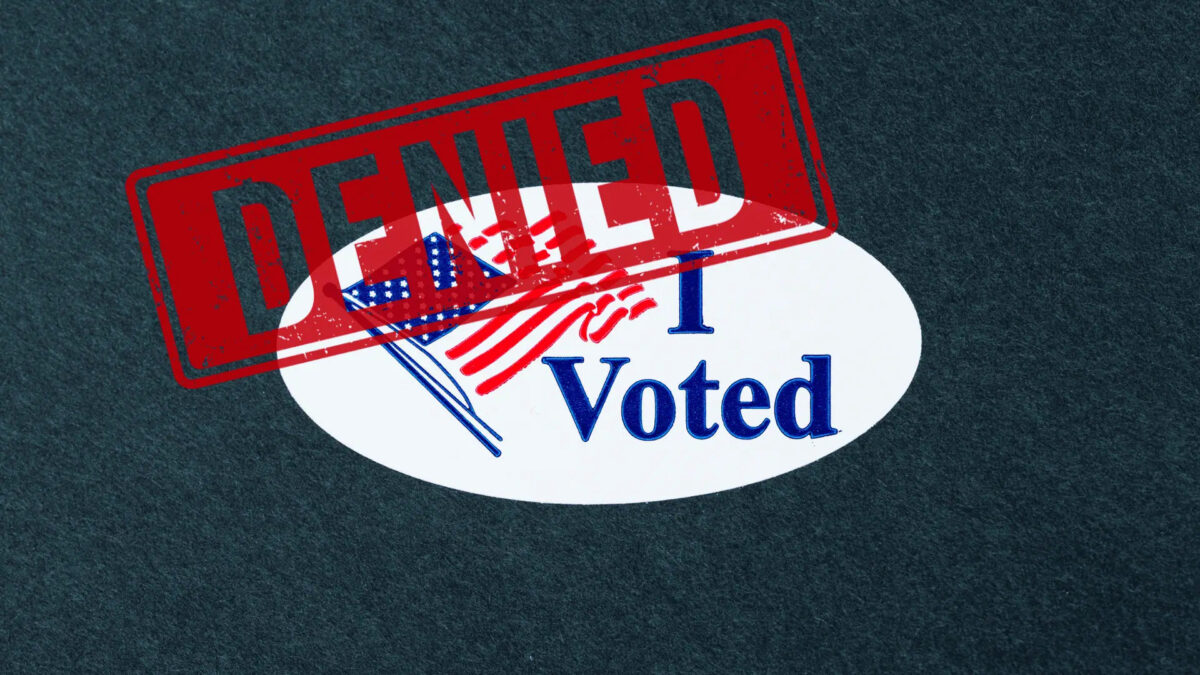The proposal for ranked choice voting and jungle primaries considered in Proposition 1 poses a real threat to the liberties and voice of all Idahoans. The Idaho Freedom Foundation recently submitted its argument against the initiative to the Office of the Secretary of State to be considered for inclusion in the state voter guide. The text of the submission is featured below:
ARGUMENT AGAINST PROPOSITION 1
The top-four primary and ranked choice voting system created by Proposition 1 would complicate elections, cost taxpayers up to $40 million, injure election integrity, silence thousands of voters, and harm third-party candidates. Idahoans must vote “NO” on Proposition 1 to preserve a system of free and fair elections in the Gem State. Vote “NO” on this idea imported from California.
VOTING “NO” ON PROPOSITION 1 KEEPS VOTING SIMPLE. Ranked Choice Voting (RCV) elections are confusing. In New Mexico for example, 16% of voters were either somewhat or very confused by the process.1 Confused voters generally rank fewer candidates and are more likely to make errors, causing their ballots to not be counted at all.
VOTING “NO” ON PROPOSITION 1 SAVES TAXPAYERS MORE THAN $40 MILLION. Because RCV is confusing, a lot of voter education is required. Alaska spent $3.5 million on RCV voter education and wished they had more.2
Idaho’s current ballot counting machines can’t accommodate ranked choice ballots. Counties would have to replace these systems with software from either Clear Ballot Group or Dominion Voting Systems. This change could cost taxpayers up to $40 million in money that could be better spent on public safety or other priorities.
VOTING “NO” ON PROPOSITION 1 MAINTAINS ELECTION INTEGRITY. Idaho administers elections with machines disconnected from the internet, counts ballots and reports results at the county level, and conducts hand-counted post-election audits.
Under Proposition 1, counties would struggle to coordinate elections as additional rounds of counting are necessary. Hand counting ballots during audits would also become impractical and complex. Voters will lose faith in election results as delays in reporting occur.
VOTING “NO” ON PROPOSITION 1 PRESERVES IDAHO’S VOICE. Proposition 1 dismantles a system of one person, one vote. RCV compels voters to voice their support for candidates they do not favor. This violates their First Amendment rights to freedom of speech.
Though voters could opt to not rank candidates they don’t like, this puts them at risk of their ballots being discarded completely. Proposition 1 is modeled after Alaska’s election system where 15,000 ballots were thrown out in this way.3 These voters’ voices were never heard.
VOTING “NO” ON PROPOSITION 1 PRESERVES VOTERS’ ABILITY TO CHOOSE. The top-four primary system, or jungle primary, is similar to that in California. This model is known to entrench the two-party system by “stacking” the November slate with candidates from the two major parties. This eliminates third-party candidates from the general election entirely, undermining voter’s preferences.4
Please vote “NO” on Proposition 1.
Footnotes:
[1] Atkeson, Rae, McKown-Dawson, Santucci, and Saunders. “The Impact of Voter Confusion in Ranked Choice Voting.”
[2] “Letter to the Legislative Council Regarding Proposition 1.” Idaho Office of the Secretary of State.
[3] The Foundation for Government Accountability. “Ranked-Choice Voting: A Partisan Plot to Engineer Election Results,”
[4] Gelman, Jeremy, Pritsos, and Reilly. “The Consequences of a Top-5/RCV System in Nevada: Advantaging Moderates but Sidelining Third Parties?”

